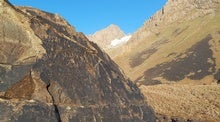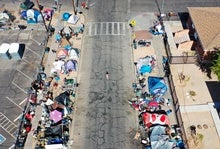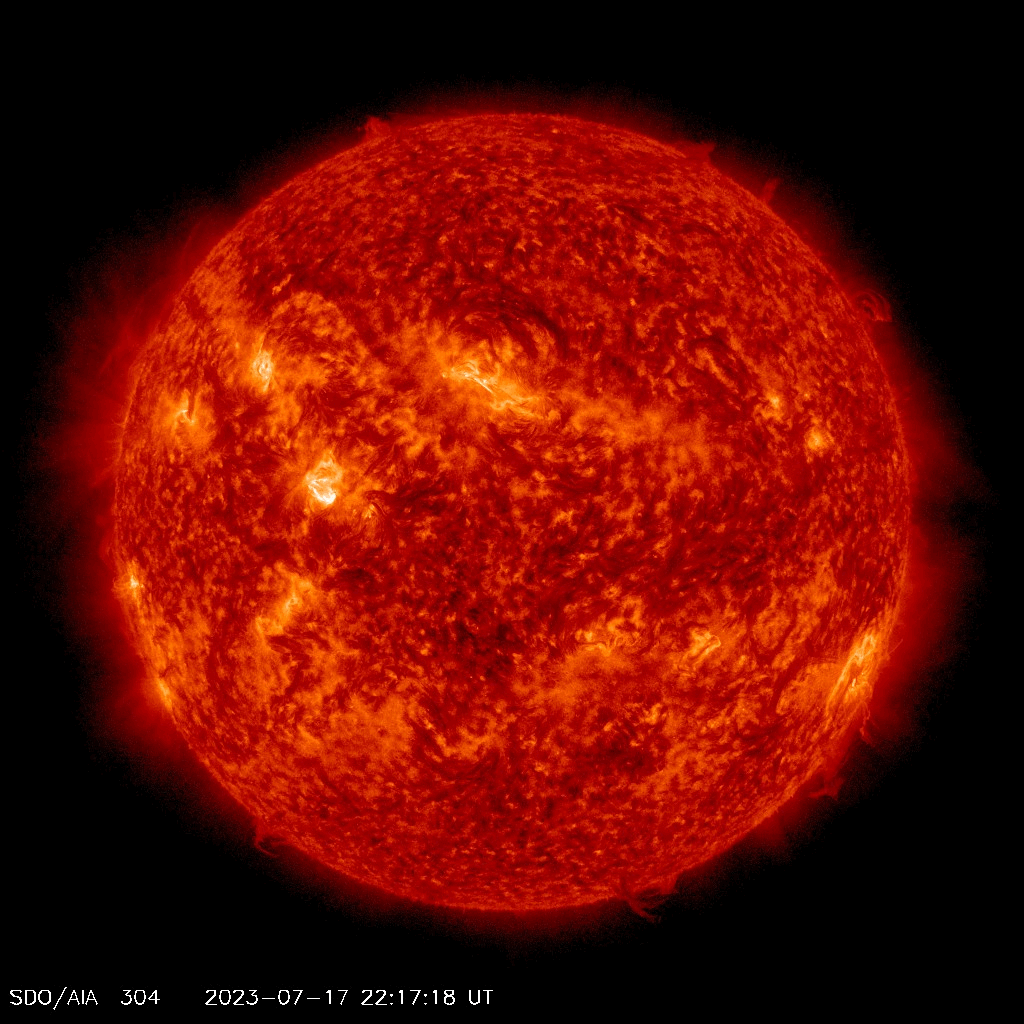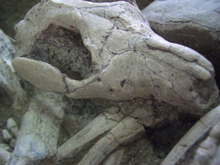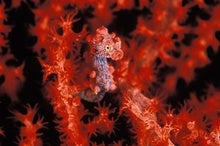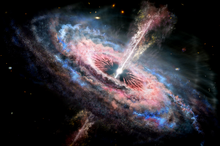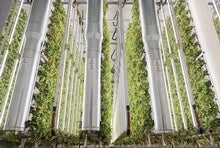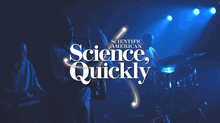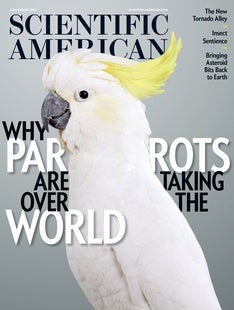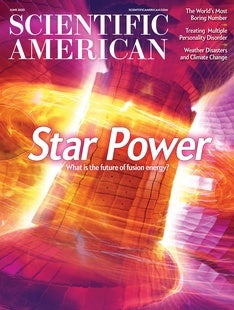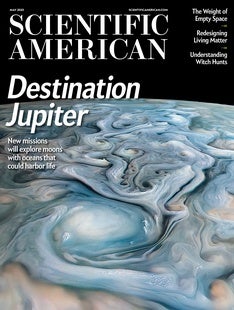Sponsored by .png) | |
 |
| July 20, 2023 |
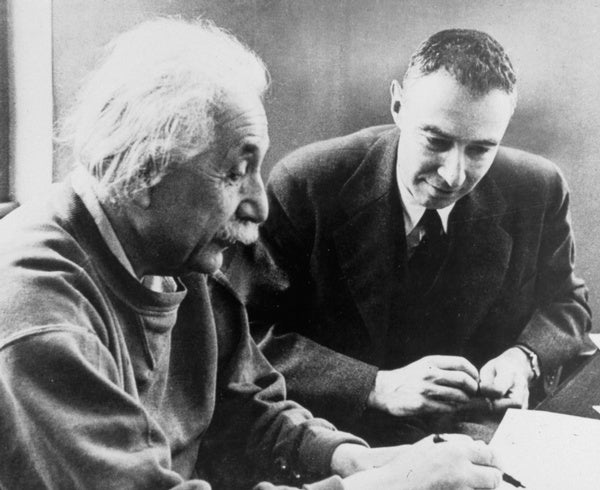 |
| |
| Archaeology Ancient 'Unknown' Script Is Finally Deciphered Researchers have decoded more than half of the characters in the so-called Kushan script by comparing them with inscriptions in a known ancient language called Bactrian | | By Sascha Pare,LiveScience | | | |
| |
| |
| |
| |
| |
| |
| |
| |
| |
| |
| |
BRING SCIENCE HOME
 | | Candy Lightning |  Find candy that packs a flash--and learn what causes this bright reaction. Credit: George Retseck | Did you know that instances of miniature lightning can occur in your mouth when you bite on a hard candy? Would it not be fascinating if you could observe these light flashes? Lifesavers Wint O Green Mints might just be the tool we need to observe this science! Crush them, observe and detect what makes the flashes visible. How many sparks can you see? | |  | |
LATEST ISSUES
 |
| |
| Questions? Comments?  | |
| Download the Scientific American App |
| |
| |



.png)
